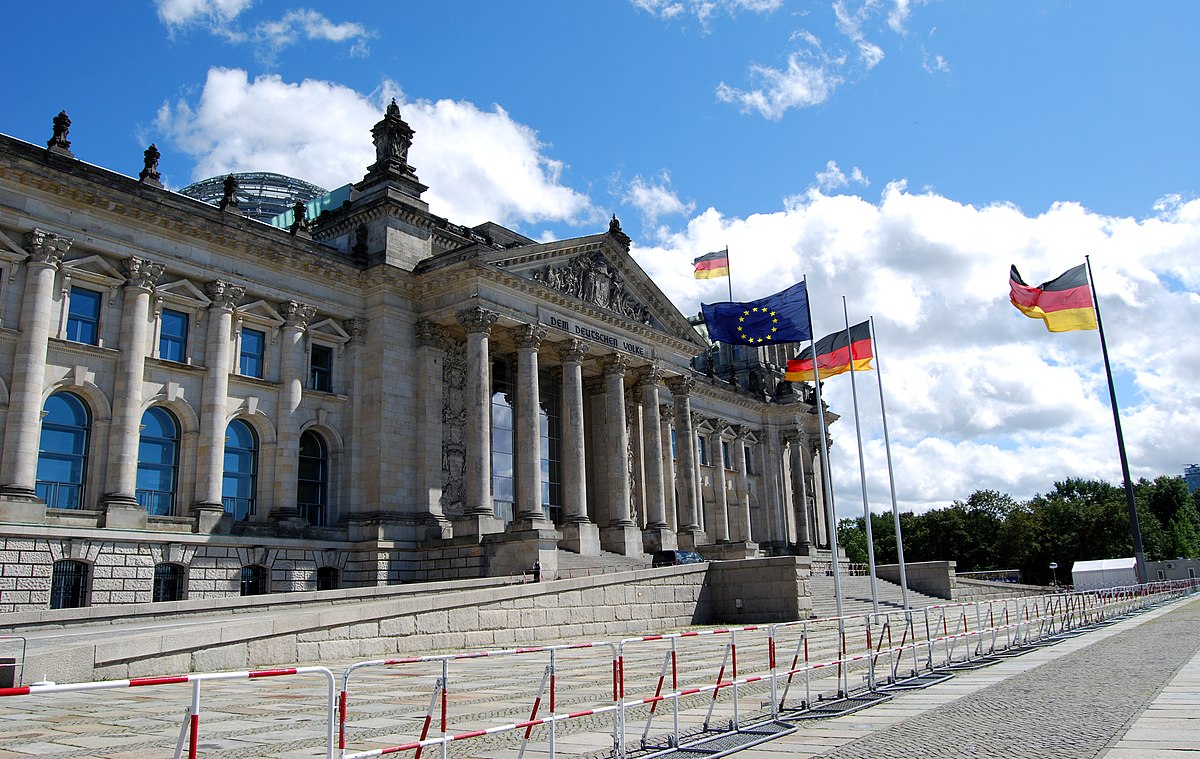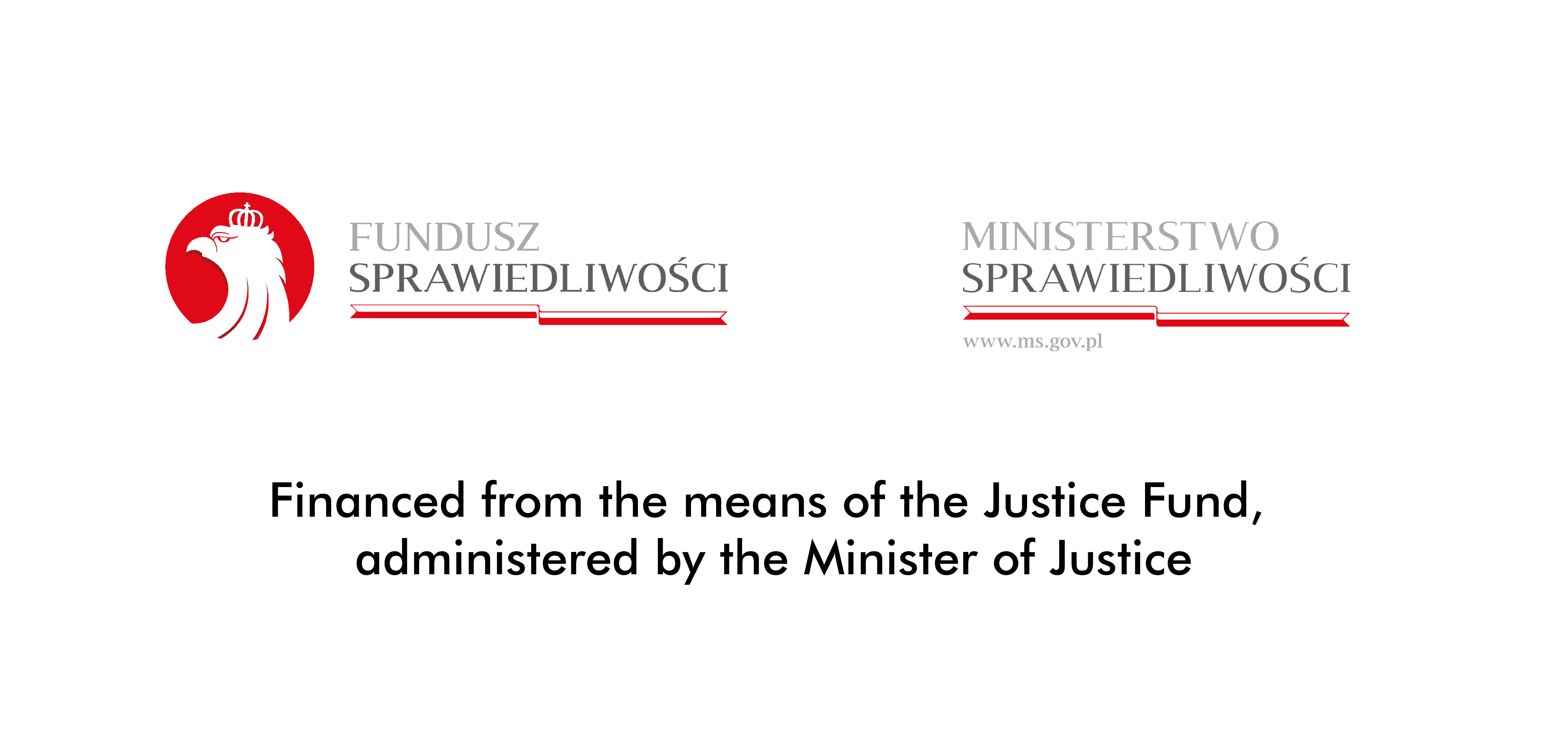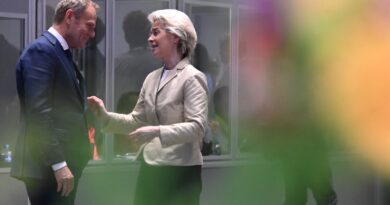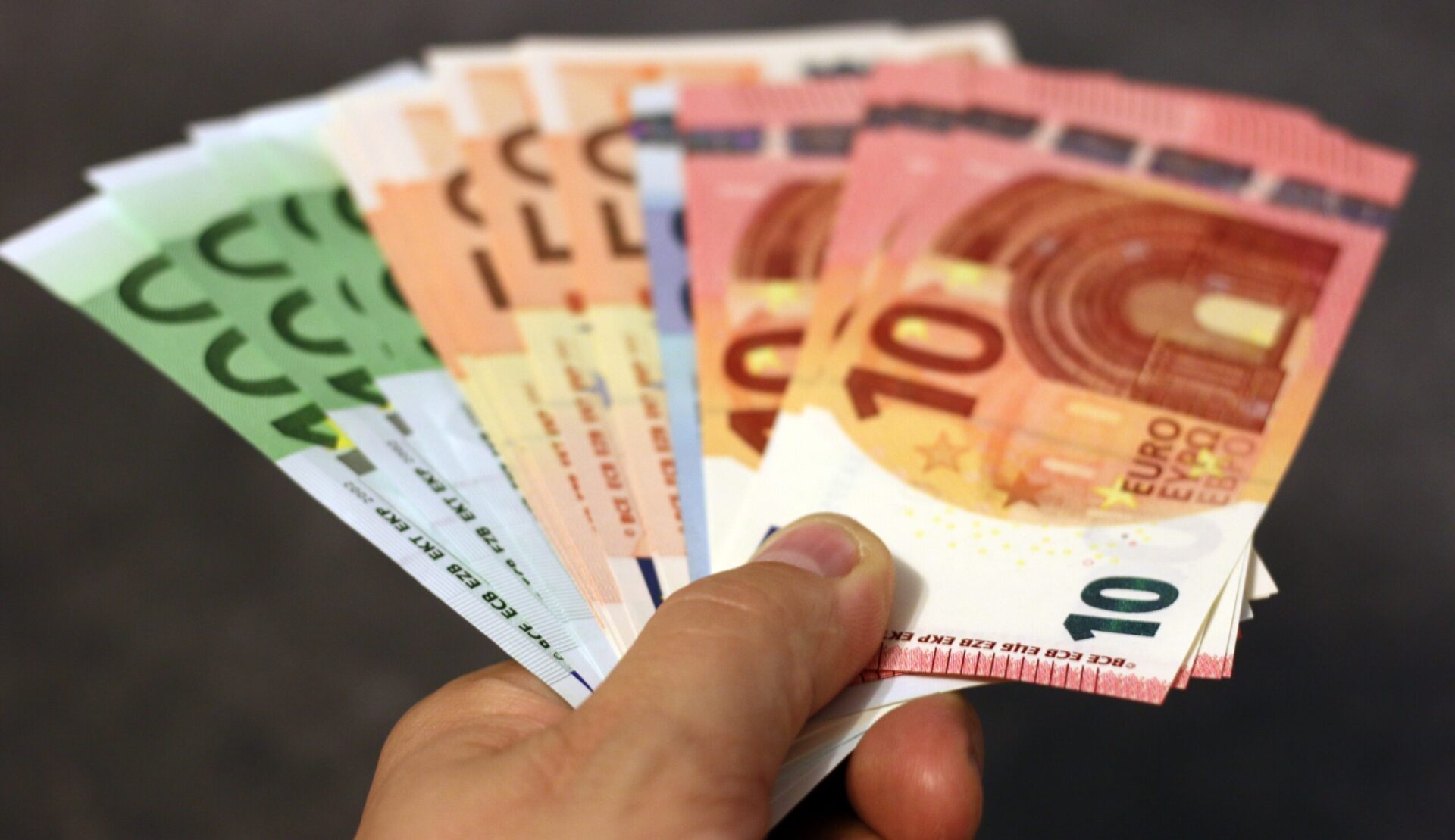Post-truth and reality

Words should mean something and carry some consequences. Meanwhile, the leader of what is still the strongest country in the European Union uses words as a smokescreen.
Wojciech Roszkowski
As Rev. Prof. Piotr Mazurkiewicz rightly pointed out recently, liberal morality leads to a weakening of the determination to defend values, but the security of the liberal state depends on soldiers whose way of thinking must be far from liberal morality (Rev. Prof. Piotr Mazurkiewicz, “Money is the axis of the European Union – it is what makes it strong and fragile”1 (Wszystko Co Najważniejsze nr 45 / publ. “Everything Most Important”, No. 45). This is all the more obvious if we note how deeply the category of “post-truth” is rooted in today’s politics, that is, a phenomenon in which the category of truth has been considered irrelevant, worthless, and meaningless in communication between people.
In fact, a perfect example of a situation in which the most relevant problems of the modern world are riddled in a way in which it is difficult to distinguish between empty words and lies or half-truths was uttered in the tone of a prophet and benefactor by German Chancellor Olaf Scholz during his recent speech at the University of Prague.
Words should mean something and carry some consequences. Meanwhile, the leader of what is still the strongest country in the European Union uses words as a smokescreen. He is eating humble pie for German crimes committed during World War II, but at the same time says that the issue of reparations foe Poland is closed. By whom? Minister Zbigniew Rau answered this question brilliantly: “No one in Germany or Poland can point to a moral system or legal order in which the perpetrator of a crime has the power to independently and exclusively determine the extent of his guilt, as well as the extent and timing of his responsibility.” “Putin’s Russia,” Scholz said, “wants to alter the outline of territorial borders through violence – that is, to do exactly what we in Europe do not want to experience again. Is this why the German chancellor recently touched on the issue of the Polish-German border in very ambiguous ways?
“The motto of the European Union is not to exalt itself over others or to subjugate anyone,” Scholz said in Prague. Why then are all key positions in the Union held by Germans or their appointees? And why are German MEPs trying to prevent the formation of a right-wing government in Italy? Scholz repeatedly used the first person plural “we”, as if to suggest that Germany speaks for the entire Union. Meanwhile, the statement: “We are providing comprehensive humanitarian as well as military support to Ukraine,” would indicate that Germany is playing a leading role in this matter.
Is that why they sent faulty gun-howitzers to Ukraine, and are now scuffling over where they should be repaired in Poland? “We have welcomed millions of Ukrainian women, men, and children seeking refuge with us. The Czech Republic and other Central European countries in particular have given proof of great solidarity.” I guess Poland could have been mentioned here in particular, since nearly 7 million genuine war refugees from Ukraine have already passed through its territory.
“We have revived the meaning of the word ‘solidarity’ in other areas” – says the German chancellor. Indeed, on the issue of European solidarity, Germany has brought a lot of revival recently. First, Berlin planned to make Eastern Europe dependent on Russian gas through Nord Stream 1 and 2 pipelines in partnership with Moscow, and when that plan collapsed, German authorities wanted to force European partners to share the cost of the disaster “in solidarity”. More recently, in the same manner of “solidarity”, Germany plans to invest 200 billion euros in government aid to save its industry, while it has always protested against such aid in the policies of other EU countries. The abolition of the veto principle proposed by Scholz is also apparently intended to strengthen the “solidarity” of member states against Berlin’s decisions.
“Ideology has given way to pragmatism,” the German chancellor declared triumphantly, moving smoothly on to tying European funds to the “rule of law” principle, interpreted by Berlin in a completely selective manner: for what is allowed to Germany in the matter of judicial appointments is to be punished in the case of other countries. Italians, too, should choose less ideologically and more “pragmatically,”” that is, according to Berlin’s will. Scholz leaves no illusions here, saying: “We will be watching the process of implementing these recommendations with a careful political eye” (full text: Olaf Scholz, “Differences hold us back and divide us”, publ. “All That Matters” No. 45). One ought to fear being fearful: Chancellor Scholz lives in a post-truth world. Meanwhile, reality is shaped not by empty words, but by the blood of Ukrainian soldiers.
1 https://wszystkoconajwazniejsze.pl/ks-prof-piotr-mazurkiewicz-pieniadz-osia-unii-europejskiej/




